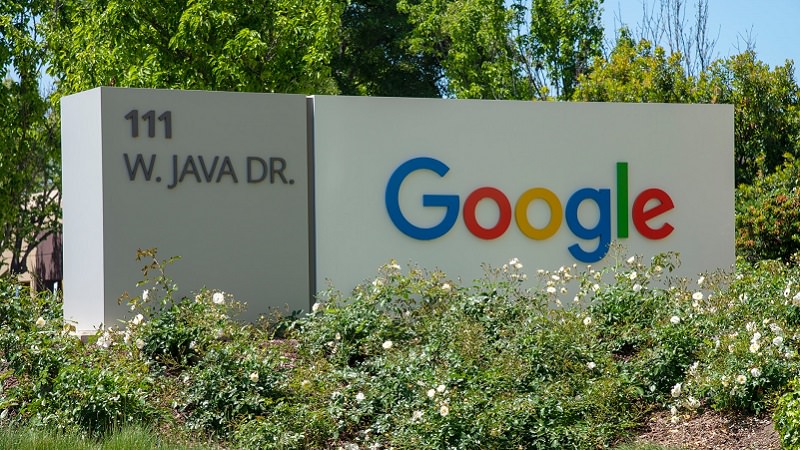Google wants to get out of the cookie tracking business in 2022. With the help of categories, however, the search engine giant will still be able to target advertising.
It’s the end of an era: starting in 2022, Google no longer wants to track its users across the web and use the data it collects to play out personalized advertising.
The cookie jar is empty
This news is likely to bring beads of sweat to the foreheads of many advertisers at first. Because without cookies or similar technology, they will no longer be able to reach their potential customers in the targeted way they were used to.
“People shouldn’t have to accept being tracked across the Internet to take advantage of relevant advertising,” Google product manager David Temkin wrote in his announcement.
Google’s slow cookie retreat
Back in early 2020, Google tightened the default settings for cookies in its Chrome browser. A secure https connection has since been mandatory, third-party cookies excluded.
The company justified this step with growing data protection requirements in Europe and the USA.
User groups instead of cookie tracking
But what is the alternative? Google asserts that it will not replace cookie tracking with an alternative technology. Not even as a default setting in its Chrome browser.
Users, however, the group wants to divide into categories. “Individual users could no longer be targeted by tailored advertising – only groups of like-minded people,” writes Marcus Schuler, ARD correspondent in Silicon Valley.
“To keep the Internet open and accessible to all, we all need to do more to protect privacy – and that means an end to third-party cookies and any technology used to track individuals as they surf the web,” Google manager David Temkin writes further.
Google is not alone
But Google is far from a pioneer with this decision. Mozilla has already been blocking tracking cookies in its Firefox browser since 2019. Apple followed suit with Safari last year. And on Apple devices, too, tracking is only to be possible with the express consent of the user.
“We leave it up to the user whether they want to be tracked,” Apple CEO Tim Cook commented on the decision to Handelsblatt in January.
Google is not only concerned with privacy
Of course, Google is not only concerned with the well-being of its users. The search engine giant accounts for 52 percent of all digital ads. That is 292 billion US dollars a year, calculates Marcus Schuler.
Of course, Google will not give up this supremacy. The company will continue to provide itself with data on its own platforms via search queries, YouTube history and Google Maps.
The downside
“The tragedy, however, is that the move away from third-party cookies only strengthens Google’s position,” Jan Möllendorf, managing partner of digital consultancy Defacto X, tells Handelsblatt.
Johannes Beus, head of SEO software provider Sistrix, also sees it that way. On Facebook, he comments on the announcement: “The result? Google will continue to usurp the advertising market – if other market participants are lucky, they may be allowed to use Google’s ‘privacy-preserving APIs’ as well. Brave new world.”










